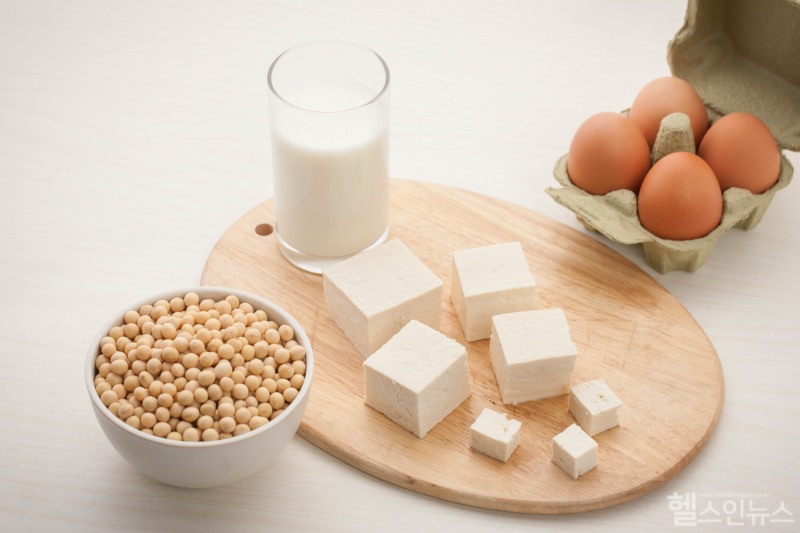When protein levels are inadequate, the body may signal distress through symptoms such as persistent fatigue, deteriorating skin or hair, and unexplained swelling. These warning signs are often mistaken for simple tiredness or aging but may indicate a critical nutritional gap.

Protein is integral to energy metabolism and immune function. Inadequate intake impairs energy production, leading to heightened fatigue and slower recovery. Protein also supports the synthesis of hormones and antibodies, and sustained deficiency can escalate from a nutritional shortfall to chronic exhaustion and lethargy.
If fatigue persists despite minimal physical exertion or concentration wanes, it may be time to evaluate protein consumption. Skipping breakfast or relying heavily on simple carbohydrates can exacerbate these symptoms.
Swelling in the Face and Limbs
Insufficient protein can lower blood albumin levels, disrupting osmotic balance. This causes fluid to accumulate in tissues, resulting in edema—swelling in areas such as the face, legs, or hands.
Individuals who experience frequent morning facial puffiness or persistent heaviness in the legs, despite low sodium intake or no kidney issues, may be exhibiting signs of protein deficiency. Albumin, a key protein, regulates fluid balance and prevents swelling, so its scarcity heightens the likelihood of edema.
Thinning Hair and Brittle Nails
Hair and nails, primarily composed of protein, are among the first areas to reflect deficiency. Reduced production of structural proteins like collagen and keratin can lead to dry skin, thinning or brittle nails, and weakened hair.
Inadequate protein supply may also increase hair loss, shorten hair growth cycles, and elevate the risk of alopecia. These changes serve as visible cues for assessing nutritional status.
Short-Lived Satiety After Meals
Protein promotes prolonged satiety after eating. When intake is low, hunger often returns quickly, prompting frequent snacking. This response stems from the body’s attempt to signal and correct protein insufficiency.
However, if meals remain dominated by carbohydrates or fats, satiety remains fleeting, potentially increasing total calorie intake and contributing to weight gain or metabolic imbalances. Both the quality and quantity of protein intake are crucial for maintaining satisfaction after meals.
Delayed Muscle and Wound Healing
Protein is vital for tissue repair and muscle recovery. Deficiency slows post-exercise recovery and delays the healing of routine cuts or skin injuries. For those engaging in regular strength training, a lack of progress in muscle growth or prolonged muscle soreness may indicate inadequate protein.
Skin tissue repair also relies heavily on protein, so sustained deficiency can impair wound healing and reduce skin elasticity.
Tailoring Protein Intake to Your Needs
Protein’s role extends far beyond muscle development. It underpins recovery, immune function, tissue formation, and appetite regulation—processes fundamental to overall health. Yet signs like fatigue, edema, hair loss, nail damage, and slow recovery are often dismissed as mere dips in condition.
The general recommended daily protein intake is approximately 0.8 grams per kilogram of body weight, though older adults or highly active individuals may require more. Incorporating a variety of protein sources—such as fish, lean meats, eggs, legumes, and dairy—ensures balanced intake and supports long-term health.
Health In News Team Haeun Oh
press@hinews.co.kr


